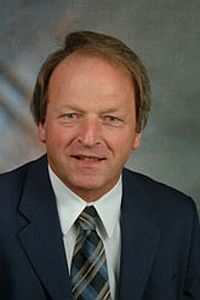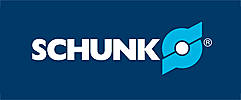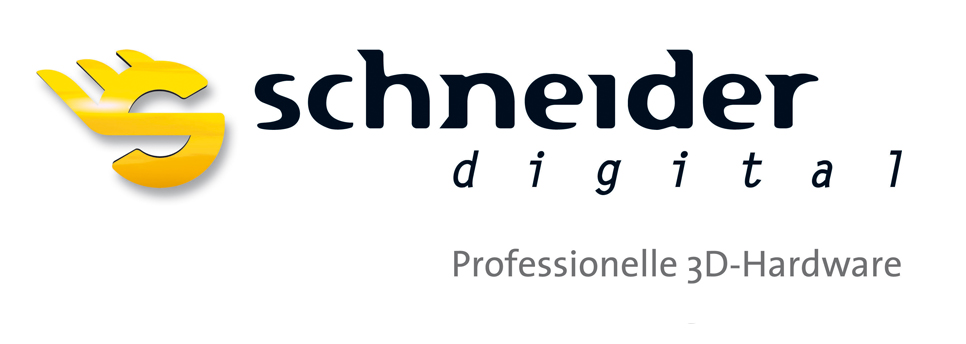
|

|

 Prof. Dr. Gerd HirzingerGerd Hirzinger received his Dipl.-Ing. degree and the doctor’s degree from the Technical University of Munich, in 1969 and 1974 respectively. In 1969 he joined DLR (the German Aerospace Center) where he first worked on fast digital control systems. 1976 he became head of the automation and robotics laboratory of DLR, where he and his co-workers soon got several awards for innovative technology transfer from robotics research to applications. In 1991 he received a joint professorship from the Technical University of Munich, and in 2003 an honorary professorship at the Harbin Institute of Technology in China. He received numerous national and international awards, e.g. in 1994 the Joseph F. Engelberger Award for achievements in robotic science and in 1995 the Leibniz-Award, the highest scientific award in Germany and the JARA (Japan Robot Association) Award. In 1996 he received the Karl Heinz Beckurts Award, Germany’s most important award for outstanding promotion of the partnership between science and industry, and in 1997 the IEEE-Fellow Award. In 2004 he got the order of merit of the Federal Republic of Germany and became member of the “wall of fame” of the Heinz Nixdorf Computer Museum. In 2005 he received the IEEE Pioneer Award of the Robotics and Automation Society and the “honorary citizenship” of Budapest Tech, and in 2007 the IEEE Field Award “Robotics and Automation”. In 2008 he received the Nichols medal, one of the two highest awards of the International Federation of Automatic Control (IFAC) in the field of control. |








